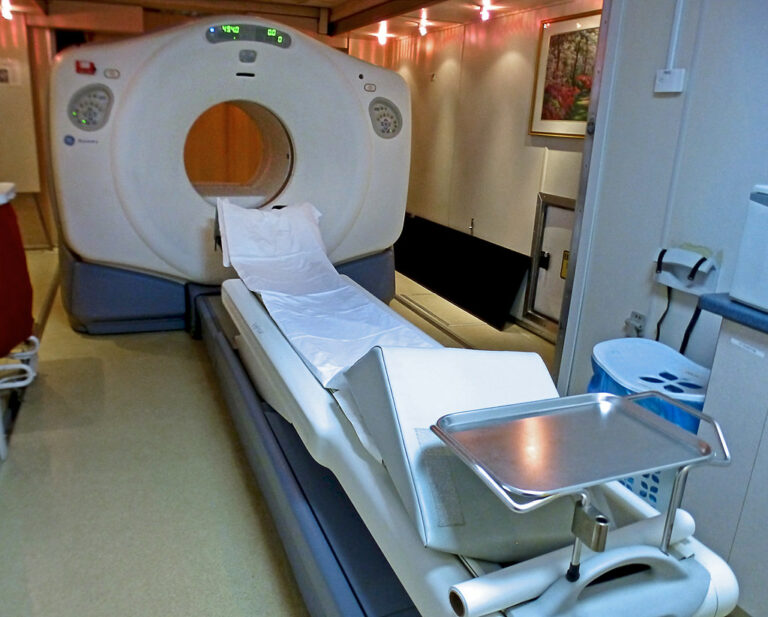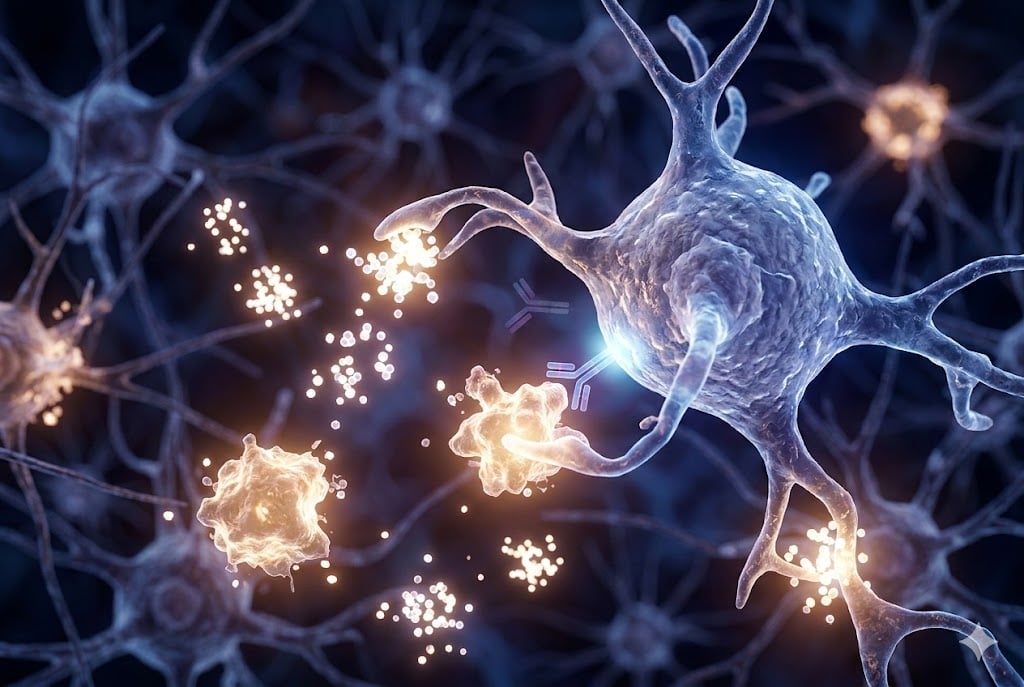
Adlarity has 7 Advantages over Donepezil Tablets
FDA-approved ADLARITY is the once-weekly donepezil patch. See how it compares to donepezil / Aricept / Ebixa tablets for Alzheimer’s.

FDA-approved ADLARITY is the once-weekly donepezil patch. See how it compares to donepezil / Aricept / Ebixa tablets for Alzheimer’s.

“The night after we found that out, I couldn’t sleep,” said Senior Researcher Dr. Emmanuel Mignot. 1 in 5 people have DR4.

Medicare will fund a UCSF initiative that has been replicated across the country for its success in reducing ER visits and caregiver depression.

Studies have found an association between hearing loss and the development of dementia in older adults. Research also suggests that using hearing aids to treat hearing loss may help slow the development of cognitive problems.

A massive study of medical and genetic data shows that people with a particular version of a gene involved in immune response had a lower risk of Alzheimer’s and Parkinson’s disease.

Scientists at Oregon’s only public academic health center (OHSU) have discovered a new avenue of cell death in Alzheimer’s disease and vascular dementia.

A neuroradiologist at the Mayo Clinic in Jacksonville, FL warns that increased use of monoclonal antibody treatment for Alzheimer’s has also led to the discovery of amyloid-related imaging abnormalities — ARIA. Find out more.

Tau PET is an imaging test used to detect the presence of tau protein in the brain. Researchers say it’s the best way to predict the rate of cognitive decline due to Alzheimer’s.

Researchers at UCI found that breathing in aromas while sleeping sparks a 226% cognitive increase.

Alzheimer’s research from UVA Health suggests that enhanced light sensitivity may contribute to “sundowning” – the worsening of symptoms late in the day.

Researchers find education and intellectual stimulation appear to activate a genetic program in the brain that promotes resistance to cognitive decline. Find out more.

SOCIALIZING in your 50s and 60s strongly predicts less dementia later on. Learn why, from new research by University College London. See Ohio State University demonstrate how true it is, from animals to people.

In the most difficult moments, Kindness heals and reassures.

Bringing art and creativity into elder care settings helps families reconnect with loved ones who have dementia. In this moving talk, Anne Bastings shares how.

When a hurricane hits Florida — or anywhere that has a very large population of people with dementia, there are special preparations that should be made by those living with dementia. Check these dementia-in-a-storm readiness lists.

In gardening, people with Alzheimer’s grow fresh plants along with better thinking. It’s a pleasant way to make things easier.

The co-founder of a caregivers’ organization introduces technology he has found helpful in caring for his grandmother with dementia.
No spam, only news and updates.


